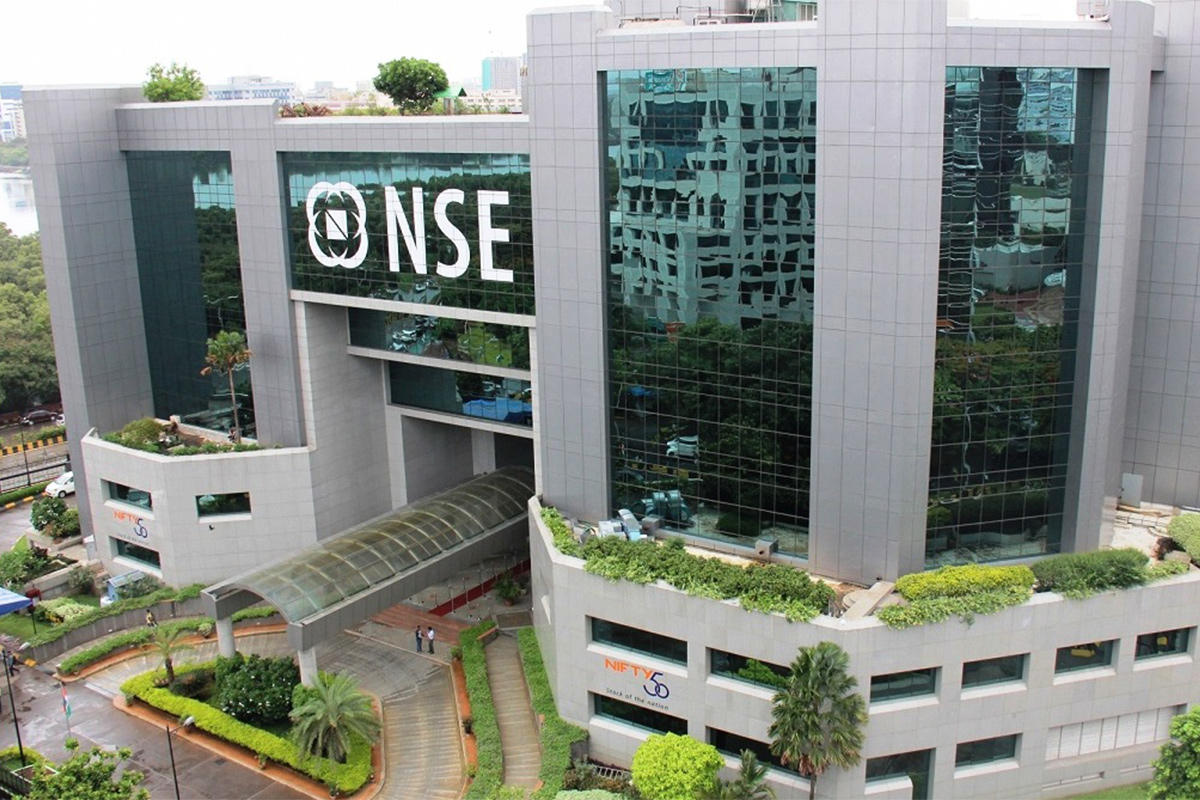One of the leading stock exchanges in India – The National Stock Exchange of India (NSE) received in-principle approval from the capital markets regulator Securities Exchange Board of India (Sebi) to set up a Social Stock Exchange (SSE) as a separate segment.
Buy Prime Test Series for all Banking, SSC, Insurance & other exams
What is Social Stock Exchange (SSE):
- An SSE allows the listing of non-profit or non-government organisations on stock exchanges, providing them with an alternative fund-raising structure.
- Countries like the UK, Canada and Brazil have SSEs.
- The fund-raising is proposed through several instruments such as zero-coupon-zero-principal bonds, social venture funds and mutual funds.
India’s Market Size:
India has over 31 lakh NPOs more than double the number of schools and 250 times the number of government hospitals which amount to one NPO for 400 Indians.
Eligibility criteria for SSE: About The New Rules:
- Under the new rules, SSE will be a separate segment of the existing stock exchanges. Social enterprises that are eligible to participate in the SSE will have to be NPOs and for-profit social enterprises having social intent.
- The social enterprises aspiring for SSE will have to engage in a social activity out of 16 broad activities listed by Sebi. The eligible activities include promoting healthcare, education, employability, and livelihoods; eradicating hunger, poverty, malnutrition, and inequality and supporting incubators of social enterprise and gender equality empowerment of women and LGBTQIA+ communities.
What Are The Constraints:
- The entities not eligible under the present rules include corporate foundations, professional or trade associations, political and religious organisations, infrastructure and housing companies, except affordable housing.
- As of now, Sebi permits the minimum issue size as Rs 1 crore and the minimum application size for subscription at Rs 2 lakh.



 Indian Olympic Medal Winners List Till N...
Indian Olympic Medal Winners List Till N...
 Who is the Inventor of the Gramophone?
Who is the Inventor of the Gramophone?
 HS Dhaliwal Appointed New DGP Of Andaman...
HS Dhaliwal Appointed New DGP Of Andaman...
